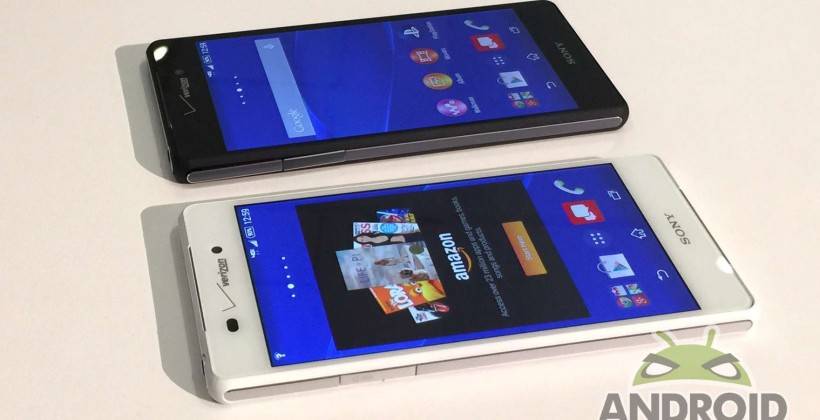
We just noted last month how wireless charging could be a bigger thing by being mass produced. The technology is still in its early stages and we appreciate the companies trying to incorporate it into their devices even if it’s not yet perfect. Mass production is still being explored but it might take a while.
The problem isn’t really on the technology but rather on the standards. There seems to be competing standards by different groups. Good thing a couple of governing bodies finally thought of merging to work on wireless charging standards. The Power Matters Alliance (PMA) and the Alliance for Wireless Power (A4WP) signed a deal to merge and finally setup an organization that will discuss the technology.
One of the merged organization’s goals is to speed up deployment and availability of wireless charging technology on a more global scale. The two organizations agreed to partner so more mobile network operators, consumers, and brands in the consumer electronics industry can benefit from wireless power. Manufacturing and semiconductor partners will also benefit from this merger that is expected to bring a more effective power management and battery charging in the near future.
Another objective of the partnership is to create a supplier base that could drive features into product roadmaps of brands of different devices from smartphones to wearables to tablets, laptops, and other notebooks. The two groups have yet to give the new entity a name but we know the A4WP and PMA Boards will work a lot with global consumer brands as written on the Letter of Intent to merge them. Some of the companies that will greatly benefit from this are the market leaders like Broadcom, AT&T, Duracell, Samsung Electro-Mechanics, Starbucks, WiTricity, znc Integrated Device Technologies (IDT).
SOURCE: Rezence










The best I can tell is that there are two main consumer differences between PMA and Qi standards:
Qi is mostly integrated into the “design” of the phone. Such as a charging coil being embedded into the back chassis of the phone. Nothing extra to buy except a wireless charger which are relatively cheap across the Interent.
PMA is designed around selling charging accessories at a premium such as cases or back covers for phones that contain the charging coil. The target consumer must purchase an overpriced “cover” or “case” for the phone with wireless charging built in. PLUS, of course, you will also need to purchase a wireless charger.
PMA is a wireless charging standard designed to cost consumers more through added accessories.
Long live Qi!